
The Atlanta Israel Gap Year Fellowship offers a unique opportunity for Atlanta teens to expand upon their gap year experience with sessions developed to deepen leadership skills, connect with Israeli experts, and explore ways to apply what they learn after the Fellowship. This program is made possible by the generous support of the Zalik Foundation and Masa, our partners in Israel.
A few of our recent Gap Year participants shared their experiences with us. These are their stories.
Living in Israel and participating in a Mechina during the war has been one of my life’s most challenging yet profoundly rewarding experiences. This journey, filled with hardship and heartache, has also introduced me to some of the most remarkable people and unforgettable moments that have reshaped my perspective on life and humanity.
When I left home in August, I couldn’t have imagined the year that lay before me, and I barely had time to adapt to life at the Mechina before the war started. After flying home, it was clear I needed to go back and do what I could to help my country. We couldn’t go back to our moshav, so we spent the following 4 months traveling around Israel volunteering. Throughout that time, I met truly amazing people who taught me so much about life and our land.
What I thought would be a time defined by heartache ended up being a time defined by people. From friends who will forever be a part of me, strangers who showed me immense kindness, to those who’ve faced unspeakable loss who showed me the true meaning of resilience. In the face of tragedy, I saw love everywhere I went and learned that Israel’s strength comes not from its army but from its people—the unified spirit of Israel.
We were able to return home to Meitzar in January where now our time together is nearing the end. I’ve been looking back over this year, and despite the hardships, loss, and, at times, overwhelming sorrow, I feel immense gratitude for my time here and all the people I’ve met. As I look forward to what comes next, I will never forget everything this place and people have taught me, and I will carry the imprint left on my soul. Israel has shown me the true strength of the human spirit, and for that, I am eternally grateful.
– Ori Gal, Mechina Meitzar
How does a group of fifty 18-year-old girls celebrate Thanksgiving on their gap year in Israel? By picking grapefruit, of course! (And a large feast afterward).
When you’re spending the year in Israel, and it comes to milestones that you usually spend with your family at home, like Thanksgiving, knowing that you won’t be celebrating in your usual way can make it easy to feel detached and a little sad about being in a foreign country so many thousands of miles away. As I prepared to spend Thanksgiving at the gap year program I am attending this year, Midreshet Lindenbaum in Arnona, Jerusalem (a seminary with intensive Judaic study, fun trips, and volunteering), I assumed I would feel this way. Yet, when I discovered that we would pick grapefruit to help Israeli farmers, I was intrigued and enamored with the concept.
I like the idea of volunteering on Thanksgiving and giving back to your community as a form of gratitude. This year, with the war taking away crucial agricultural workers, farmers faced the dilemma of not having enough hands to pick their crops, risking losing their produce for that season and, thereby, a significant amount of their livelihood.
The community of Israel on the home front rallied together to aid the farmers, and with their help, a large amount of the crop was saved. Midreshet Lindenbaum was lucky enough to help a few times with this effort, and this was the perfect way to spend Thanksgiving. Plus, we got in some nice physical labor for our Midrasha-wide Thanksgiving feast scheduled for that evening.
The farmers were all very kind and eager to show us how to pick grapefruit. The man who instructed us was the son-in-law of the farm owner, a Sabra Israeli. His family has been in Israel since 1948, so his heart has been warmed by the volunteering of citizens during this war.
We each got a large bag with a long handle to wear cross-body; we would put the grapefruit into this bag as we picked tree by tree. Once our bags were full, we would put the grapefruit into large dumpster-like containers periodically placed along the paths between the trees in the orchard. The grapefruits were for juicing, so appearance didn’t matter— we were just supposed to pick any that looked ripe. We usually had to go inside the tree to really get all the grapefruit we could. There would be multiple girls picking from one giant tree, sometimes communicating from inside to outside the tree or from the ground to the branches. The more committed people had climbed up to get a better view and grasp of the higher-up fruit. We finished by the afternoon, ate lunch, and piled back onto the bus to return to seminary to prepare our Thanksgiving meal.
We had been preparing for Thanksgiving the whole week. Everyone signed up to make different dishes that they love and usually serve in their homes. I signed up to make cranberry sauce and stuffing, as those are staples and some of the most enjoyable parts of my family’s Thanksgiving. My granny, around whom my family’s Thanksgiving centered, would always make these meals; this would be my first time attempting them.
I had already finished the cranberry sauce the previous night, and the stuffing was about 20% done. So, my objectives after farming were to sauté the vegetables, combine them with bread, heat the consommé soup mix, pour into the two pans of bread and vegetables to make it moist— but not soggy— and put it all into the toaster oven to cook (the given mode of cooking in the communal kitchen with limited space). There were many of us preparing dishes that could only be done close to the meal, so there were a lot of us crammed in the communal kitchen, trying to make the most of our table and toaster.
After three hours, it became clear that there wasn’t much time left. It was twenty minutes before the Thanksgiving meal, I hadn’t gotten ready yet, and my stuffing still wasn’t cooking! My friends said they would keep an eye on my dish while I went to my room to get ready. When I returned to the kitchen, I found my stuffing adequately cooked, just in the nick of time for dinner. Phew!
After taking down my dishes to heat up, I entered the classroom my friends on the party-planning committee had decorated, and I was stunned at its beauty. It really felt like Thanksgiving, even though I was so far from home. There were some elements of this event that were new to me, however, such as the rule that we had to dress in fall colors (red, yellow, dark green, or brown) for dinner, the slideshow the committee had compiled of us all as babies for us to guess who was who, and the showing of the movie The Parent Trap after dinner. These were all welcome additions to my usual Thanksgiving routine.
At the meal, people shared their Thanksgiving traditions, and everyone gave backstories behind the dishes they’d made. Even the Brits and the Canadians participated in cooking delicious foods— they were just happy to be a part of the celebration! Of course, we also included Divrei Torah (words of Torah in speech form) because even though the day had technically been a non-learning day, at Midreshet Lindenbaum, the learning never really stopped. While it may not be a specifically Jewish holiday, Thanksgiving’s theme of gratitude is certainly an important Jewish value, which allowed the students who spoke and the head of our Midrasha to delve deep into the meaning and Jewish interpretations and teachings about gratitude.
When I look back at my Thanksgiving experience in Israel this year, I feel it encapsulates the best and most meaningful parts of my gap year. Admiring my friends’ hard work and willingness to pitch in when anyone needed help— whether on the farm or in the kitchen— reaffirmed how lucky I am to be a part of this community. I am so grateful that my gap year allowed me to live and bond with Jewish kids from far and wide and learn about their cultures, backgrounds, and family traditions. The fact that we all came together to learn the same Judaic texts each day is truly beautiful.
I also appreciated how Thanksgiving mixed the students’ relaxed, community-building events with awareness and service relative to the time. It has been important for us to do our part to help people in Israel and our home this year, especially as the war continues, and that has been such an essential part of my gap year experience. I have become a part of something bigger than myself, both in Israel’s civil society and within my seminary.
– Jemima Schoen, Lindenbaum
We tried fruit in Rwanda when we stayed at the Agahozo-Shalom Youth Village, a sort of boarding school based on kibbutzim set up for children after the Holocaust. The village was founded by Anne Heyman, a young Judaean, for vulnerable children after the Rwandan genocide. In our free time, we wanted to document our time there.
We also attended protests for the hostages.
When our program switched to Tel Aviv, we had to learn to cook independently. We were pretty anxious about it, so we went to Sarona, bought the craziest things we could find, and tried to cook them to overcome our anxiety.
On the kibbutz, we would volunteer with refugee children in Timna Park and always make videos to get more energized.
We took a lot of videos of us dancing because the Israeli scouts in our program would always teach us the dances, and we got incredibly close with them because of this.
Unfortunately, we received some hate comments, but despite that, the love we received from all around the world was overpowering. This account has been an essential part of our year and generally empowered us in our journey to Israel.
– Catherine Mateyak, Year Course
@yaelandcate The hatikvah is so powerful 🇮🇱🇮🇱 #israel #hatikvah✡️🇮🇱 #jewish #proudjew #jerusalem #bringthemhome ♬ original sound - Yael & Cate🤑💍💖
My favorite Tiyul this semester was the sunrise hike at Masada. Waking up at 3 AM with all my friends felt odd but also surreal at the same time.
On the way there, instead of everyone sleeping, the excitement for the view we would see kept everyone awake and social. We got there an hour before sunrise and immediately hopped off the bus. Despite the low visibility, we were engulfed in calm, warm air, and it empowered us to start climbing. We made it to the top as soon as the sun cleared the horizon, and we sat in awe of the view.
I couldn’t believe the amount of landscape I was taking in with my own eyes. After some time, we learned about the history of the mountain, and we saw the summit from various viewpoints. While the history part was intriguing, I’ll never forget how my friend’s and I’s conversations were silenced by the sudden breathtaking view that sprung up once we reached the mountain.
– Dan Hackmon, Aardvark Israel
After the events that transpired on October 7th, there was a sense of unease throughout our campus, Kiryat Moriah, and the surrounding community. As a precautionary measure, our program decided to impose restrictions on leaving the campus. This abrupt change in plans meant that the trips around Israel had to be put on hold indefinitely.
However, due to the uncertainty surrounding the situation, our community prevailed. Rather than allowing fear to prevail, my friends and the staff rallied together to adapt to the new circumstances. In lieu of off-campus excursions, alternative activities were organized within the confines of the campus grounds—these activities ranged from group games planned by our scouts to team-building exercises that brought us closer together.
After a while, restrictions started to get more and more relaxed. We were allowed to leave campus if we filled out a form saying who we left with and where we were going. We also needed to fill out the same form when we came back. Soon after that, things went slightly back to normal. We would go out without the form, trips around Israel were going again, and our daily schedule started taking shape.
– Haiden Borak, Year Course
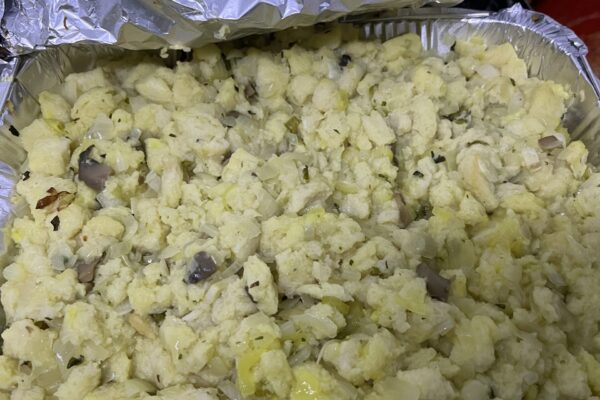
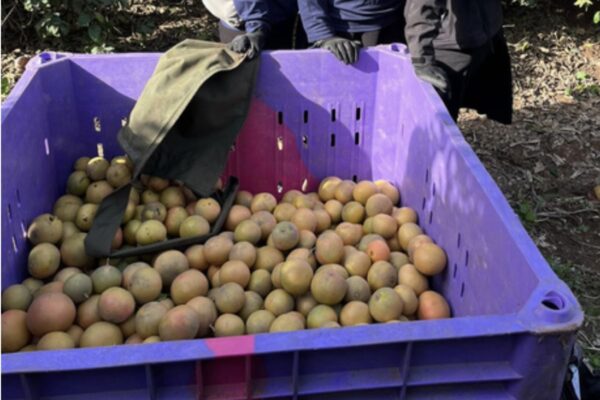
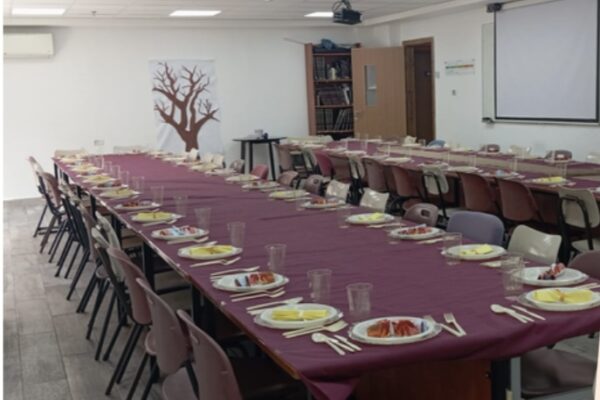
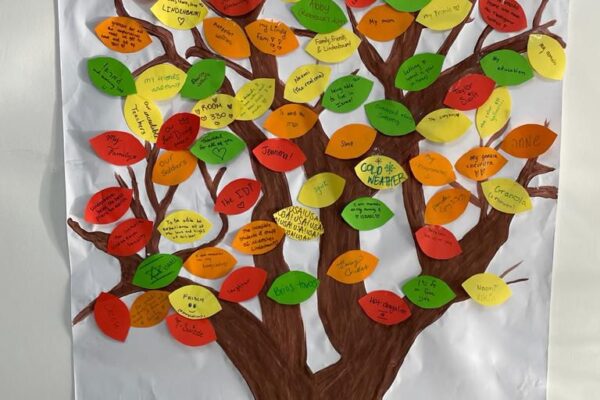

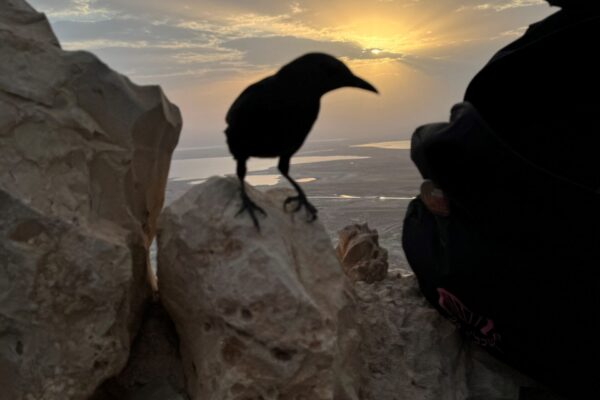
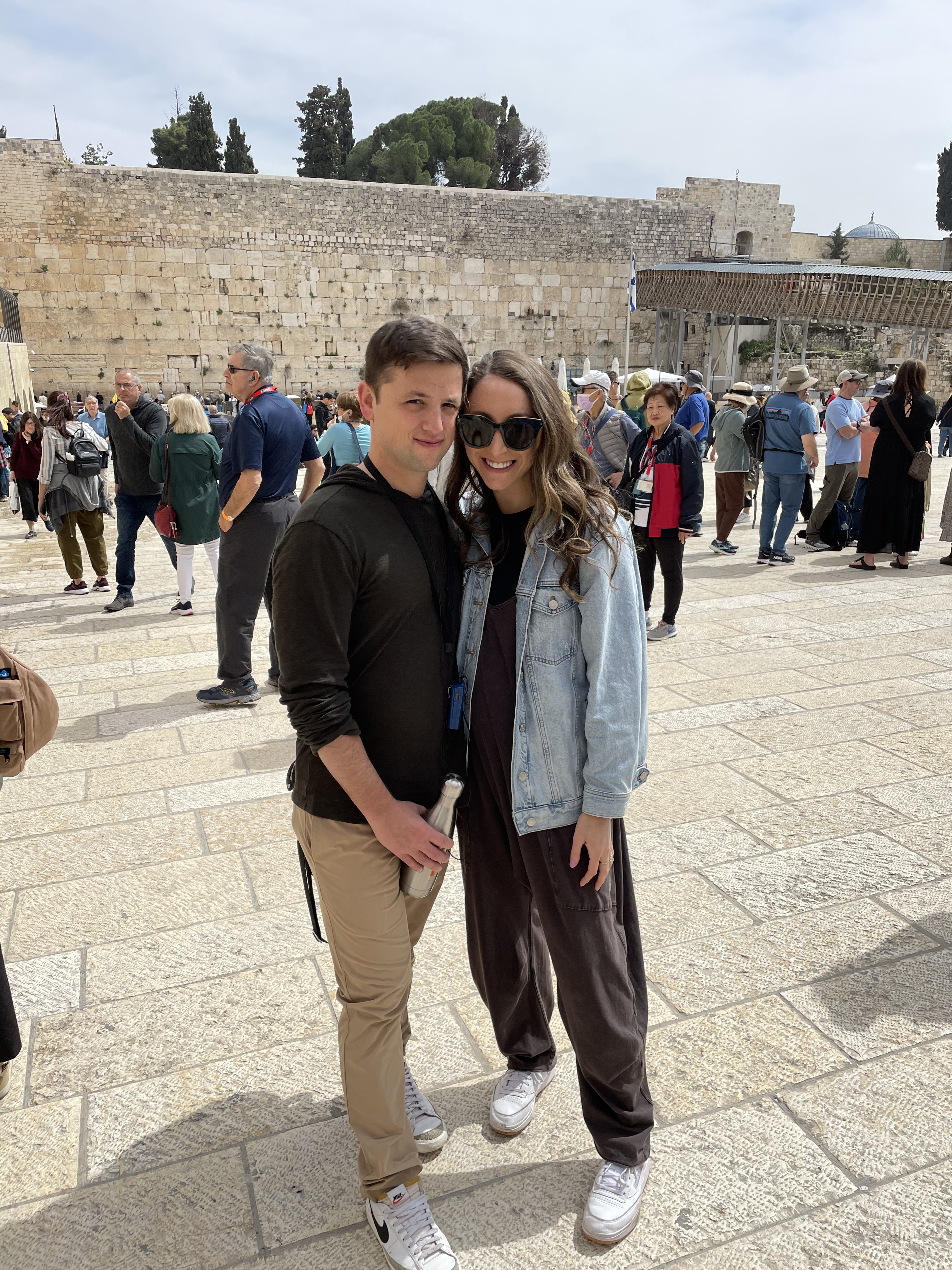



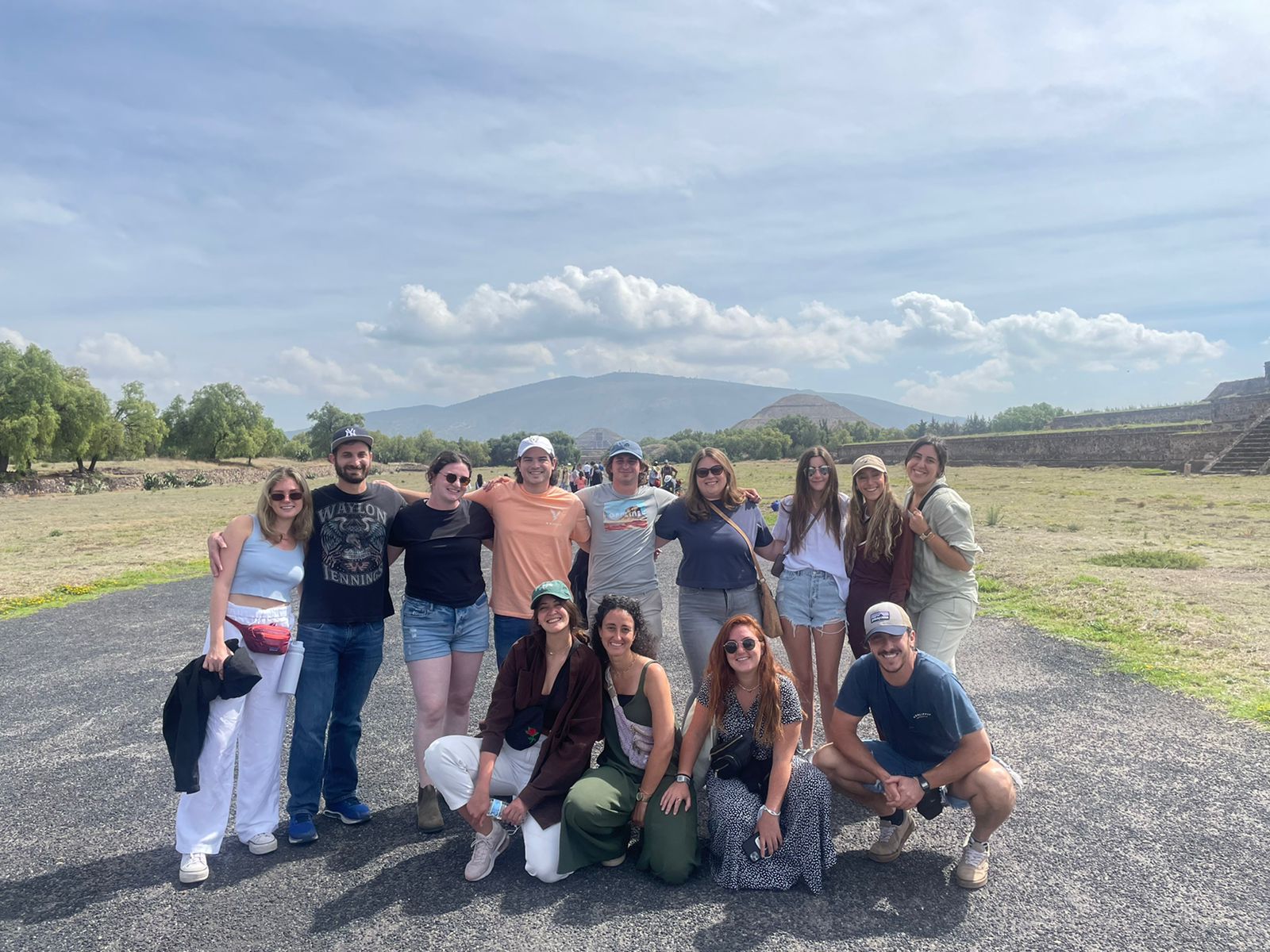
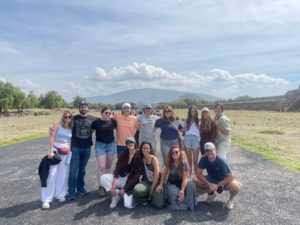 By Amanda Budd
By Amanda Budd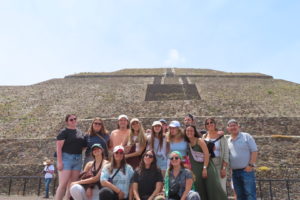 We traveled to see the pyramids of Teotihuacan and arrived in Bernal, Mexico, for the start of the Shabbat. In this picturesque town, we saw the Peña de Bernal; this small mountain is a spiritual center for the area’s indigenous people.
We traveled to see the pyramids of Teotihuacan and arrived in Bernal, Mexico, for the start of the Shabbat. In this picturesque town, we saw the Peña de Bernal; this small mountain is a spiritual center for the area’s indigenous people.
 Did you know your high school student doesn’t have to start college right after completing high school? In fact, taking a year-long break between high school and college — known as a gap year — often contributes to a boost in performance when students enter college. Students who participate in gap year programs, whether academic, travel-focused, or service-focused, frequently become more mature, self-reliant, independent, and college-ready than students who go directly to college. (Read more about the
Did you know your high school student doesn’t have to start college right after completing high school? In fact, taking a year-long break between high school and college — known as a gap year — often contributes to a boost in performance when students enter college. Students who participate in gap year programs, whether academic, travel-focused, or service-focused, frequently become more mature, self-reliant, independent, and college-ready than students who go directly to college. (Read more about the 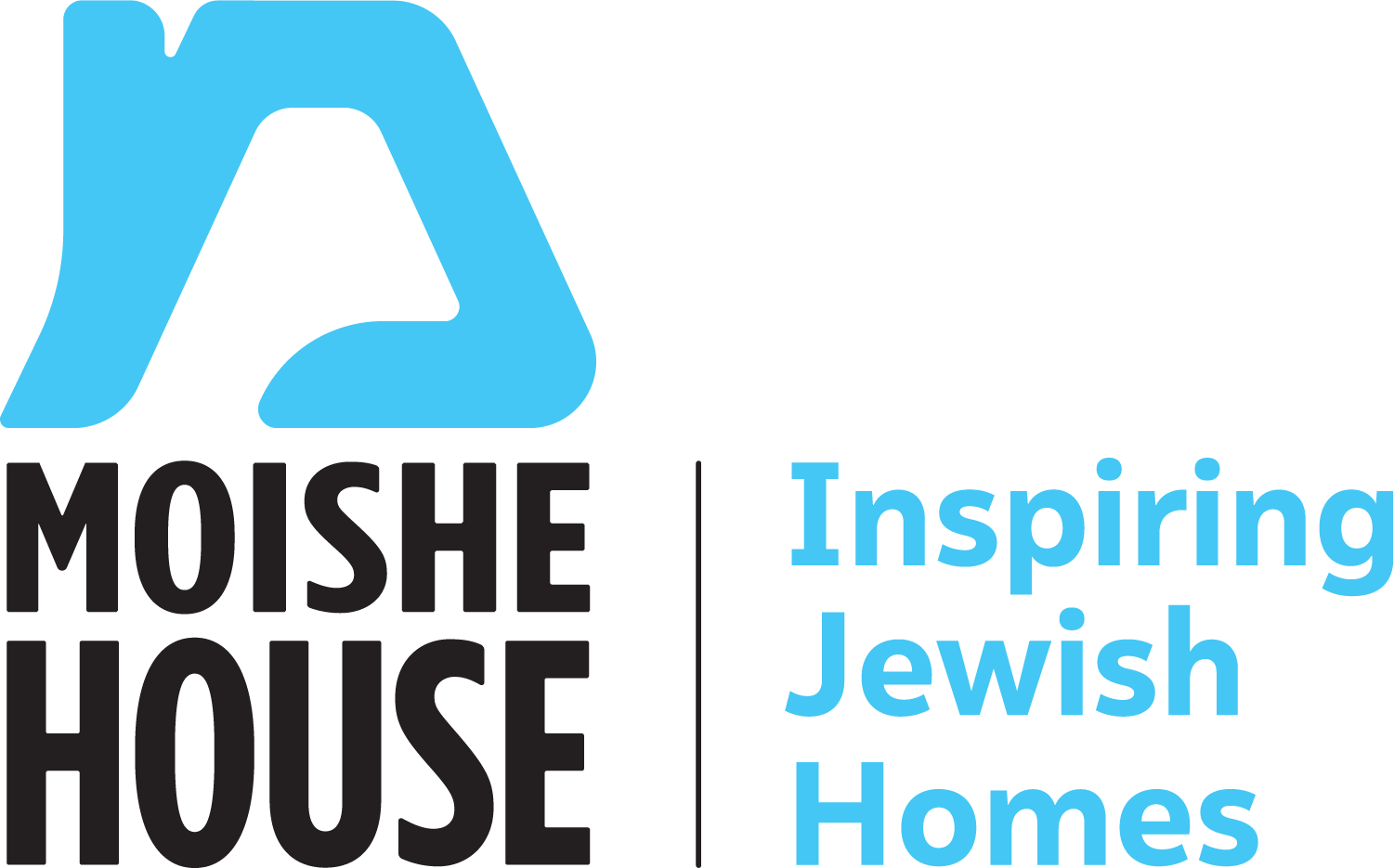
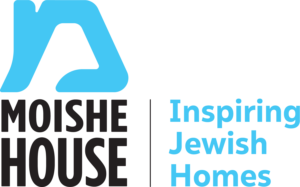 We’ve shared stories in Fed5 about Atlanta’s four Moishe Houses
We’ve shared stories in Fed5 about Atlanta’s four Moishe Houses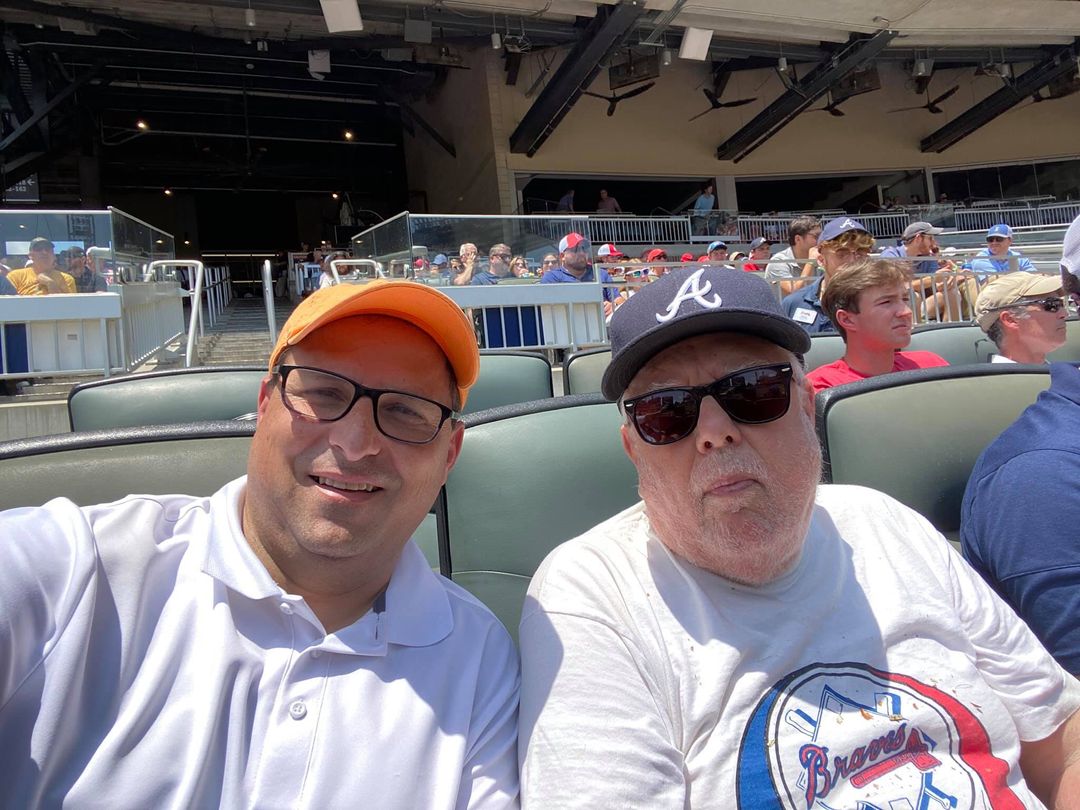
 Brian M., who lives near the JF&CS office in Dunwoody, stopped in at the beginning of the pandemic and asked how he might be of help. He filled out a volunteer application and was directed to Vivienne Kurland, Program Coordinator of
Brian M., who lives near the JF&CS office in Dunwoody, stopped in at the beginning of the pandemic and asked how he might be of help. He filled out a volunteer application and was directed to Vivienne Kurland, Program Coordinator of 


